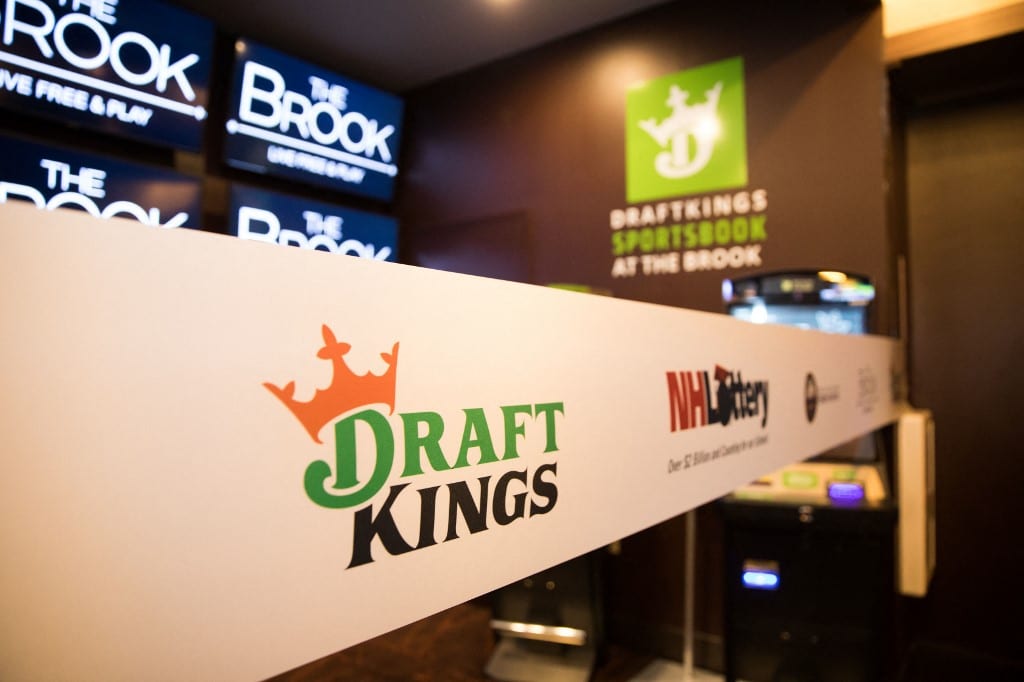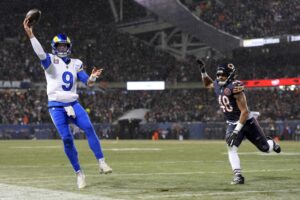
Boston-based bookmaker, DraftKings, announced an optimistic earnings report and is taking a wait-and-see approach on the futures prediction markets muscling its way across America’s mobile sports betting landscape.
Record-Setting Numbers
DraftKings’ investors got a dose of very good news as one of the nation’s leading sportsbooks announced record numbers, causing shares to rise 7% in premarket trading on Thursday. Investors and Wall Street gurus appear to be bullish on the company’s future, with some suggesting the shares will soar to $100 per share in two years from their current $44.53/share evaluation.
DraftKings’ revenue grew 36.9% to $1.51 billion, beating the Street’s estimate of $1.42 billion, while net income rose 147.5% to $157.9 million.
Monthly Unique Payers (MUPs) rose 6%, while average revenue per user increased by 29%. The report was nothing but good news for investors, and CEO Jason Robins was more than happy to share the news.
The Q2 year-over-year revenue increase of nearly 37% had much to do with sports betting’s 45.3% year-over-year revenue jump, while the handle spiked 6.3% year-over-year to $11.5 billion. Online casino gambling also experienced an increase of 22.6% from Q2 2024 earnings.
Cautious Approach
DraftKings has been taking a cautious approach to entering the futures exchange prediction market, vis-à-vis sports betting contracts. DraftKings had toyed with the idea as recently as April but withdrew its application from the U.S. Commodity Futures Trading Commission (CFTC) in April.
However, recent reports have suggested the company is eyeing an acquisition of Railbird, an unlaunched but CFTC-approved Designated Contract Market (DCM). The company has neither confirmed nor denied the report, instead opting to monitor the situation amid the ongoing legal battles between state regulators and DCMs like Kalshi that are offering contracts nationwide in states that have launched mobile sports betting and those that have not.
The major DCMs like Kalshi contend they are governed under federal law by the CFTC and do not need to abide by state regulators. Despite scoring early legal victories, a recent ruling in Maryland saw the DCMs’ first legal setback.
Robins runs the risk of alienating the state regulators, as well as the gaming tribes that DraftKings has forged a relationship with and that have contributed to its current and future success, by delving into a market that is not looked upon favorably by both parties.








